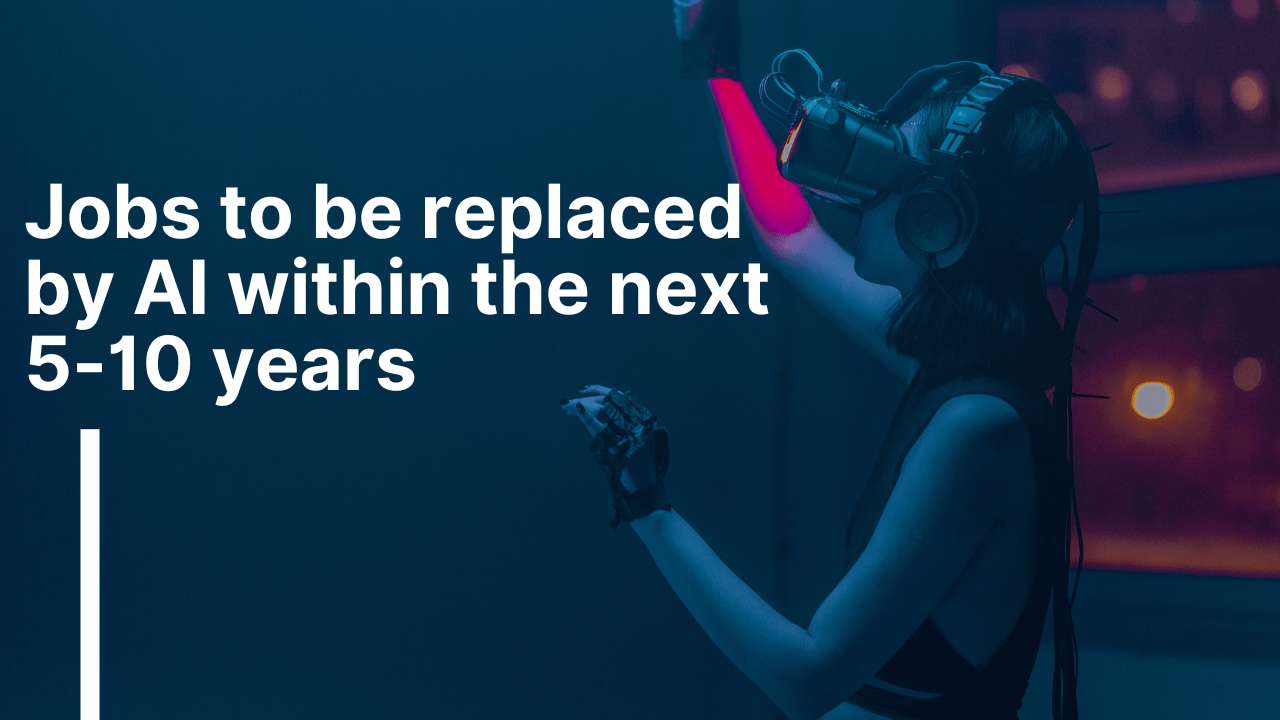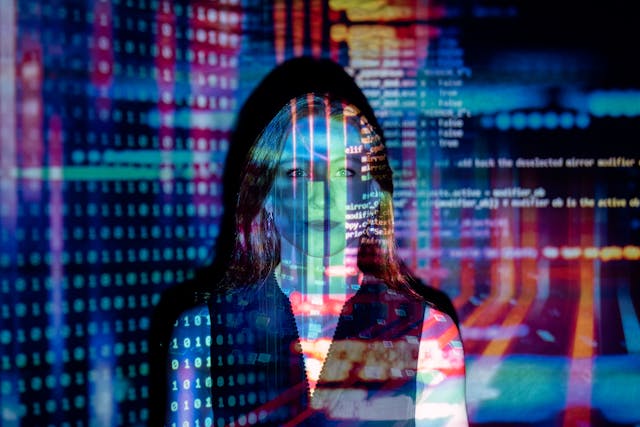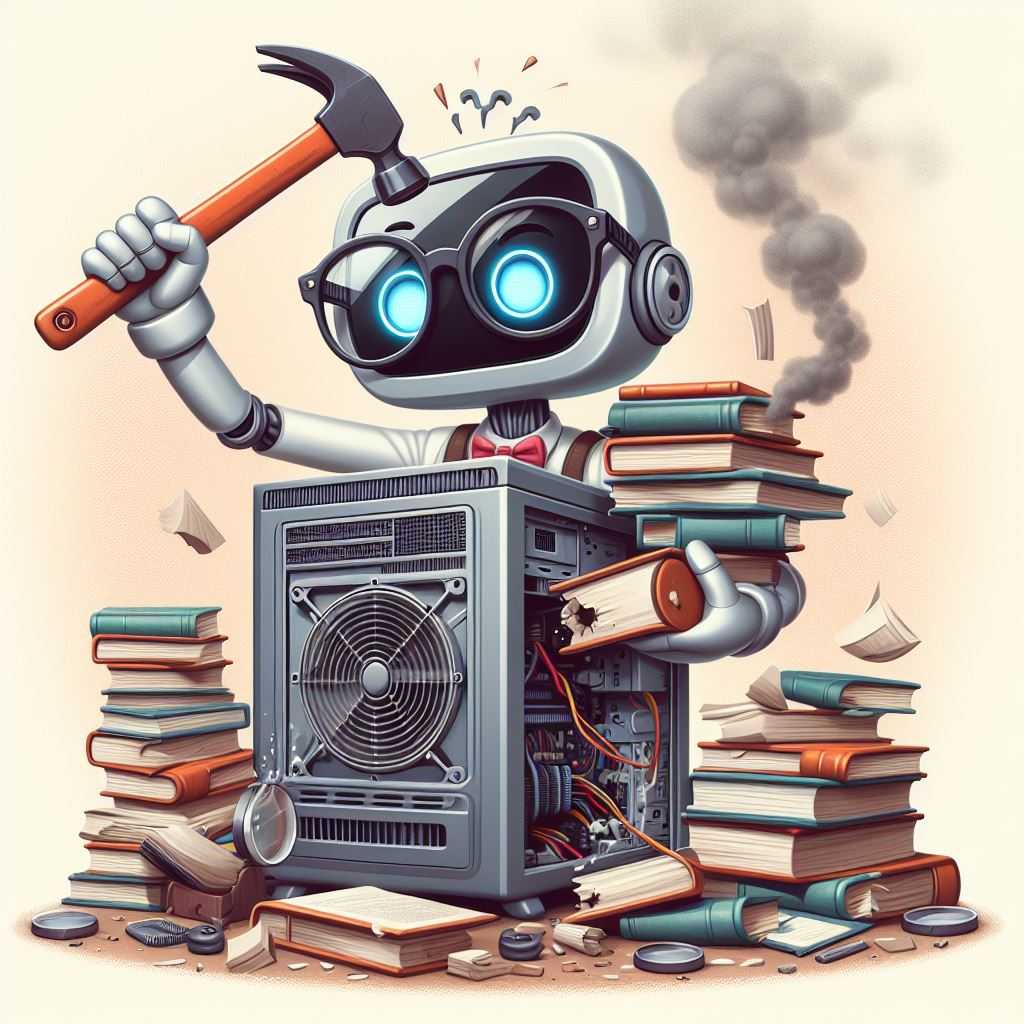AI is here to take your jobs if you don’t believe me then I don’t know what to say. Capitalism no longer needs humans to do their work, they machine with minds and it’s not like it just came out of nowhere they have been working on it for past 30 years.
If AI will not replace your job then it certainly make your job less worthy and you salary may decrease.
Artificial intelligence holds the promise of automating a range of occupations in the years ahead, tackling responsibilities that humans find challenging or unfeasible. Yet, it’s not a certainty that AI will render all positions obsolete. On the contrary, certain roles that AI might supplant could, in turn, gain in importance.
In the mid-1960s, philosopher Hubert Dreyfus, known for his critical stance on artificial intelligence, declared confidently that no machine could ever outplay a human in chess. Merely two years later, an MIT computer proved him wrong.
Fast forward to 1997, and we witnessed machines surpassing a chess legend, Garry Kasparov. By 2015, even the intricate and instinctive game of Go saw humanity’s top player defeated by Google’s AI.
The swift pace of technological progress in recent times has seen computers step into realms once deemed human-only. Breakthroughs in AI, robotics, 3D printing, and genetics have now enabled machines to undertake tasks ranging from architectural design to medical diagnosis, composing music, and even replicating the artistry of a 16th-century Dutch painter.
As computers and robots continue to achieve impressive feats almost daily, a pressing concern arises: Are we on the brink of being supplanted by machines in intellectually demanding roles?
This worry is compounded by recent global demographic projections. According to the latest figures from the UN DESA, by mid-century, the Earth’s population is expected to swell to 9.8 billion, with over 6 billion people of working age. Currently, the challenge of securing meaningful employment for 71 million youths is already daunting.
Given these statistics, it’s understandable why many view emerging technologies as a significant threat to job markets, with some predictions suggesting up to 80% of jobs could be automated in the foreseeable future.
However, a report from the UN DESA’s Development Policy and Analysis Division (DPAD) challenges these dire forecasts. Drawing on historical precedents from previous industrial revolutions and extensive contemporary research, the report provides several arguments against the notion of an imminent robot takeover.
For one, AI, 3D printers, and similar innovations are typically specialized for specific tasks and are unlikely to replace entire jobs that demand a broader range of skills and adaptability.
Moreover, history has shown that technological advancements not only eliminate jobs but also create them. The report emphasizes that, as in the past, new technologies like AI, 3D printing, and robotics will likely continue to boost worker productivity, spawn new products and markets, and consequently, generate fresh employment opportunities in the economy.
As we project further into the future, the prospect of Elon Musk’s vision becoming reality becomes less dismissible. In such a scenario, where AI supplants all human labor, our world would undergo a radical transformation. The current economic challenge of maximizing scarce resources would be replaced by an era of plenty, where technology fulfills our every need, rendering the concept of inequality as we know it obsolete. Accumulating wealth would seem pointless in a world where abundance reigns. Yet, this same world could intensify disparities, especially if the wealth generated by machines is concentrated in the hands of a few.
In this hypothetical future, human interaction with society would evolve. While I find immense joy and satisfaction in my work, the fundamental motivation for my daily routine is to support my family. If the necessity for basic sustenance and financial security were eliminated, would our daily aspirations shift towards self-improvement and community enhancement? Or might we succumb to our baser instincts, with idleness leading to ennui and societal decay?
These questions are complex, with no straightforward solutions. Thankfully, the likelihood is that we may never need to confront them. Historical trends suggest that technological advancements have not made human labor redundant, and they probably won’t in any foreseeable future that concerns today’s workforce and decision-makers.
Which Jobs will remain and which jobs will be replaced?
In the wake of the AI revolution, the job landscape is poised for significant shifts. Jobs that typically require moderate training—often categorized as blue-collar and white-collar—may dwindle as AI systems and automation become more prevalent. This leaves roles that demand minimal training and those at the opposite end of the spectrum, which necessitate extensive education and expertise, particularly in fields like programming, robotics, and engineering, to develop and manage these advanced technologies.
The transition for workers displaced from middle-skilled jobs to high-skilled positions is possible but hinges on substantial retraining and education. Conversely, the prospect of these individuals moving into low-skilled jobs is not promising, as the contraction of the middle class could lead to reduced demand for services such as food, gardening, and home healthcare.
The transformative impact of artificial intelligence on our daily lives is inevitable, but the timeline remains uncertain. If current forecasts hold true, the next decade could herald a dramatic evolution in work processes with AI at the helm. This potential future underscores the importance of enhancing one’s skill set now to navigate the changes ahead.





